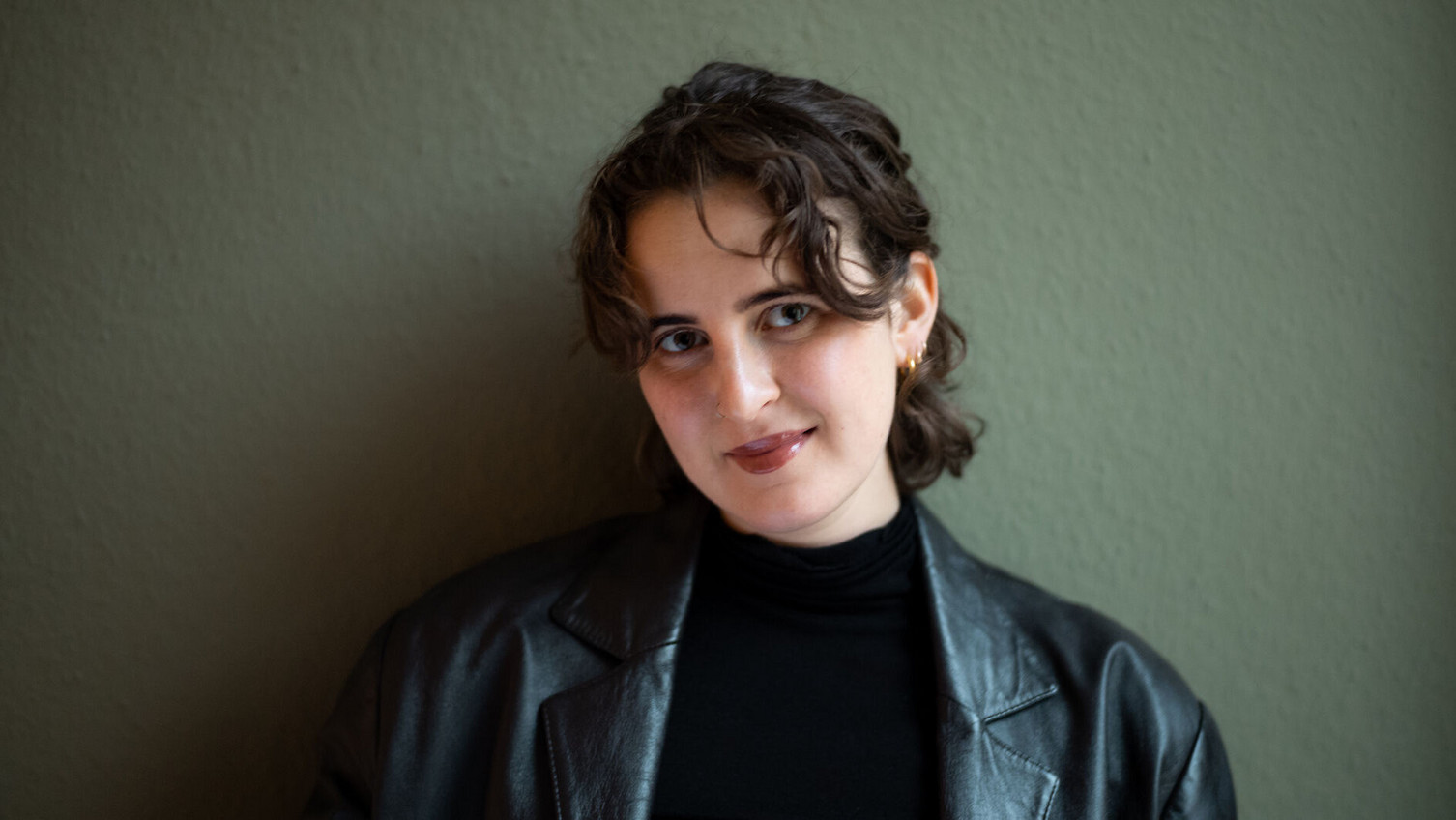Decarbonization management: Mo-Lilith Schünemann – Climate Footprint for Footballers
2025-01-20 The Berliner-by-choice is a communications expert at Oatly, the world's largest oat drink company. As part of her part-time certificate program at the Leuphana Professional School, she created a climate assessment for the football club SV Babelsberg 03.
The climate impact of a match day on the soccer field is complex: How do people get to the stadium? What does the catering offer at the stadium look like? Where were the players' jerseys made? Mo Schünemann, together with the sustainability consultancy sustainable AG, calculated the CO2 emissions as part of her certificate studies at the Leuphana Professional School. “SV Babelsberg 03, with whom we have been working for several years, wants to become even more sustainable and climate-friendly. Because food plays a central role for us, I focused my research in particular on the carbon footprint of the food offered in the stadium,” explains Mo Schünemann. Her conclusion is unequivocal: “Switching to a plant-based diet has an enormous savings potential.”
She started by reading up on decarbonization management. “But at some point, the information was no longer enough for me,” Mo Schünemann recalls. She looked for a suitable training opportunity and came across the Leuphana Professional School and the part-time university certificate in decarbonization management: “The program was the ideal complement to my areas of expertise in my day-to-day work.”
The program introduces students to the relevant climate laws and teaches them to assess which climate-related risks and adaptation measures they should consider. They acquire knowledge about creating and reporting an IT-supported greenhouse gas balance and about carbon footprint analysis as the basis for a climate strategy. “The program was easy to integrate into my daily routine thanks to the limited time frame of six months. The program is perfect for people who want to acquire the necessary knowledge in a short period of time. In the future, companies of all sizes will have to deal with the issue of decarbonization,” Mo Schünemann summarizes. She also benefited from the exchange with other students: ‘I am still in contact with fellow students today,’ she reports.
After graduating from the Berlin University of the Arts with a degree in Social and Business Communication, she became a community manager at Oatly. “Communication has always been a great passion of mine, and sustainability has been a long-standing concern,” says Mo Schünemann. In 2019, she supported an online petition campaign that Oatly launched to demand the introduction of mandatory climate labeling for food. “Consumers can't compare products on the supermarket shelf because there is still a lack of a standard,” explains Mo Schünemann. The petition made it to the Bundestag.
The commitment continues to this day: Mo Schünemann is in charge of the ‘Together for Carbon Labelling’ initiative for Oatly. Together with other well-known players from the food industry, they are campaigning for mandatory and state-regulated climate labeling for food products in Germany.

